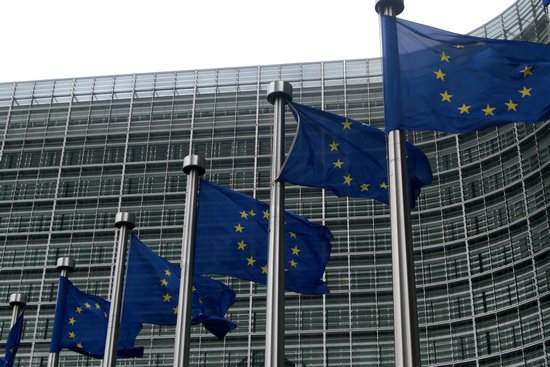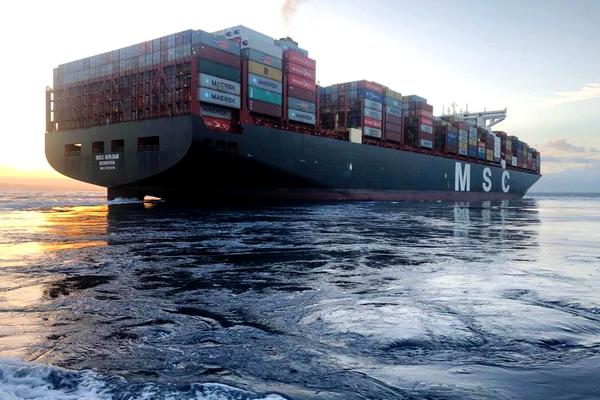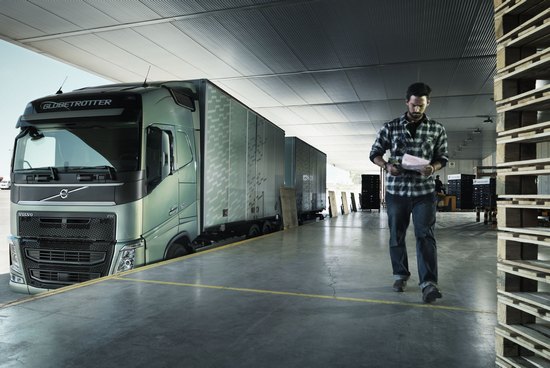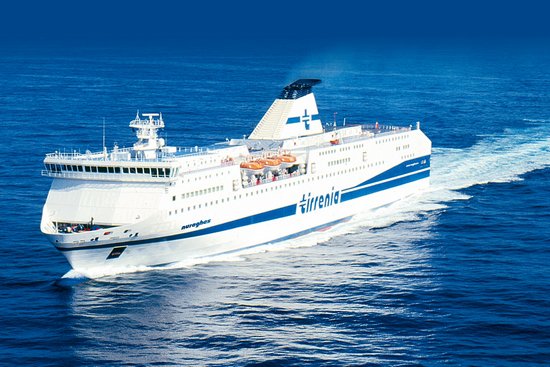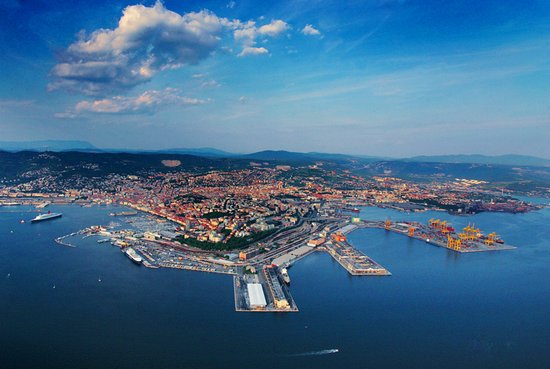MSC's total container capacity continues to grow, solidifying the company’s position as the global leader in the industry. According to the latest report from Alphaliner, the Aponte family-owned group operates a fleet of 871 container ships, with a total capacity of 6,211,578 TEU, maintaining a strong lead in the global rankings. Specifically, the Swiss-Italian group owns 577 vessels, providing a combined capacity of 3,238,573 TEU, while an additional 294 vessels are leased, contributing 47.9% of the overall fleet, totalling 2,973,005 TEU.
This blend of owned and chartered vessels has allowed MSC to maintain strategic flexibility in managing its capacity. Furthermore, the company has an order book of 132 new vessels, totalling 1,934,758 TEU, representing a 32% increase in new orders over the past four months and a 60.3% growth in expected capacity. Once delivered, these new units will boost the fleet by an additional 31%, further consolidating MSC's leading position.
Maersk holds the second position, though its competitive edge over the French group CMA CGM is narrowing. The Danish company manages 719 vessels, including 333 owned and 386 chartered, with a total capacity of 4,425,215 TEU. CMA CGM, with 653 ships of which 294 are owned, offers a total capacity of 3,817,178 TEU. The French company has already ordered 79 new vessels, with a total capacity of 1,169,219 TEU, while Maersk has a smaller order book of 35 new units, amounting to 480,492 TEU. This suggests a further narrowing of the gap between the two carriers in the near future.
Cosco maintains the fourth position in terms of operational capacity, with 511 vessels and a total capacity of 3,297,449 TEU. The Chinese company has ordered 56 new units, adding a further 912,020 TEU. As of November 2024, the global fleet of container ships in operation consists of 7,165 units, with a combined capacity of 31,184,407 TEU. This figure confirms the continued growth of the sector and the strategic importance of new builds in maintaining a competitive advantage in the global market.


